Riz Ahmed has been creating intriguing, complex characters for years now, from The Night Of to Nightcrawler and beyond, and Mogul Mowgli was another I was excited for, and he does not disappoint. Described as his most personal film so far, which he co-wrote with debut feature Director Bassam Tariq, this is a deeply sincere and memorable visceral experience that packs an emotional punch.

While in real life Riz raps under the moniker Riz MC, here he brings the essence of that part of him to the big screen as Zed, an up and coming British Pakistani musician. His lyrics are blended by raw honesty, with his take on the world right now, how he sees his place in modern society and changing cultures. All these things flow down into the wider story, so as his words tell us who he is, they also tell us, over the 90-minute runtime, that we’ll be introduced to everything that made him this way. But this film isn’t really about gigs and that success, because just when he’s due to head off on tour, he’s struck down with an incapacitating illness.
But before we get there, Mogul Mowgli kicks off with us travelling on a train somewhere, it’s blurry and dark, so at this point it’s not clear who we’re with, but these moments will gradually be revealed later. Wasting no time, we’re put backstage in New York at a gig with Zed, we observe him in full force with a potent, lyrical performance that’s brutally candid and equally captivating. We feel like we’re getting to know everything about him there on stage, as he feels like the people’s spokesman, but are we being told the full story? These early moments offer the indication that he’s on the edge of his big break, Riz’s Zed feels focused and ready to take the fight on, to become a superstar but issues linger beneath: his relationship is faltering, he hasn’t been home for a couple of years and he may be mistaking success for real connection. For Zed, it’s all about the music, however he gets there on his terms.
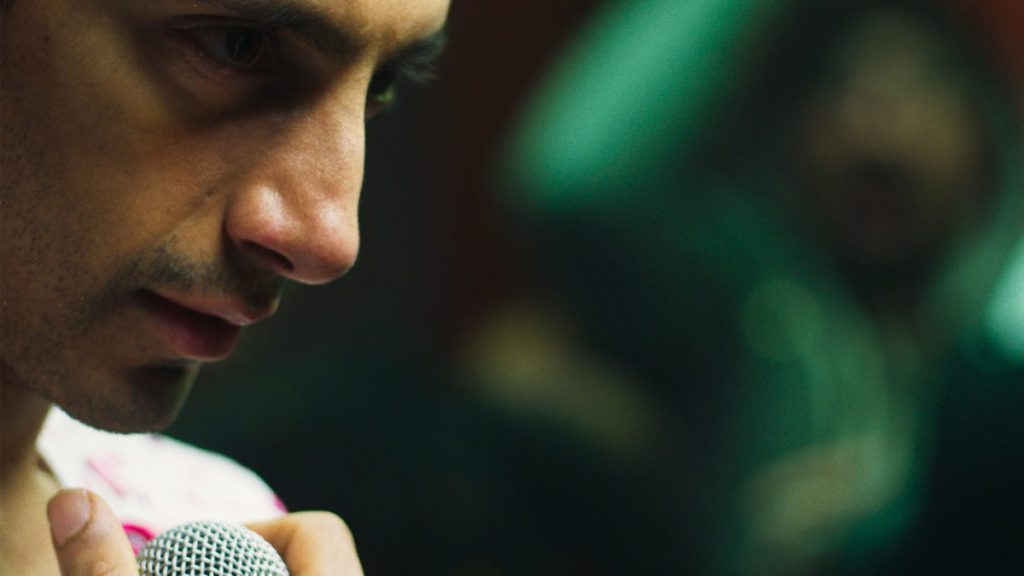
“I ain’t got roots to put down, I’m pulling the weeds up” – Zed
So, with a tour close, and a probable sense of guilt, he heads back to London to see his family. Here the film chooses to splice together personal home footage of real-life Riz as a kid, blurring the reality of his character and the real him but it helps connection, by explaining where his head is and the memories that linger in the family home. Of course, his Mum is pleased to see him, but his Father seems a bit more distant, a foreshadowing of circumstances to come. After a few family gatherings, ripe with truth from his family, asking where he’s been and why hasn’t he come home, there’s a scuffle in the backstreets with a fan but during this… Zed gets pains in his leg, something that’s been subtly alluded to but is now a serious complication because he collapses. Upon waking up in hospital, we learn he’s suffering from an auto-immune breakdown and it’s not clear if he can survive in his current state.

Much of Mogul Mowgli is told in a non-linear fashion, with flashbacks, memories and discussions about heritage, personal philosophy and his place in the world, all competing for centre stage, and this is happening at the same time he’s trying to recover. We’re shown Zed’s detachment from the life he once knew and the one he wants, displayed in the form of visions, nightmares and personal contemplations with gritty cinematography from Annika Summerson. This is portrayed in an original way and from a cultural perspective that I personally haven’t seen before. I feel I’m learning all the time. The visceral sense of the film offers his family history as our own, as his struggle with recovery is represented through extreme flashes of nightmarish trauma.
Mogul Mowgli is a powerful depiction of family, as well as questioning the over-zealous nature of religion in modern life, of culture, race and finding your place in a society that does want you but every right-wing paper seems to say they don’t. Personally, I’ve never understood why fellow human beings don’t support each other, wherever you’re from, and while this film isn’t specifically about racism, the stories are here, the affect is still on our society and the trail of it loiters through our day-to-day. Zed’s Dad Bashir, played by Alyy Khan is excellent, but this is also another Riz Ahmed masterclass and with Director Bassam Tariq, they’ve created a captivating collection of connecting personal stories that link generations and my word, I loved that final shot.


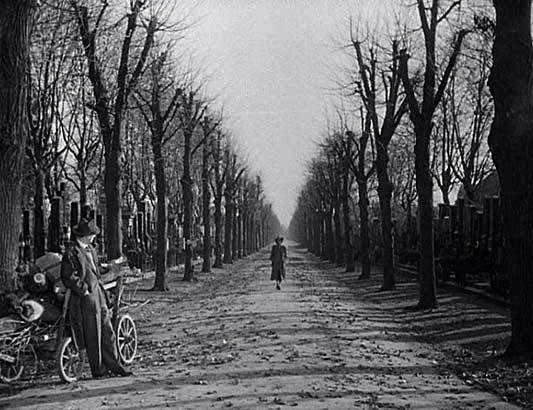
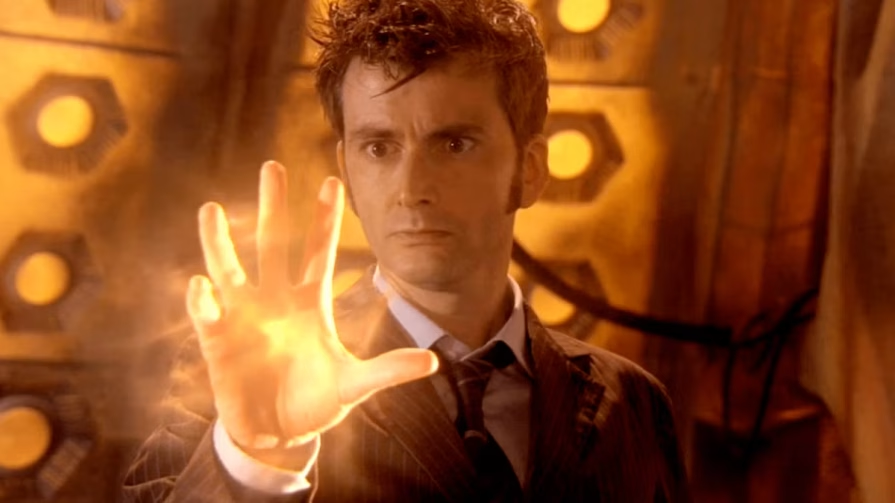
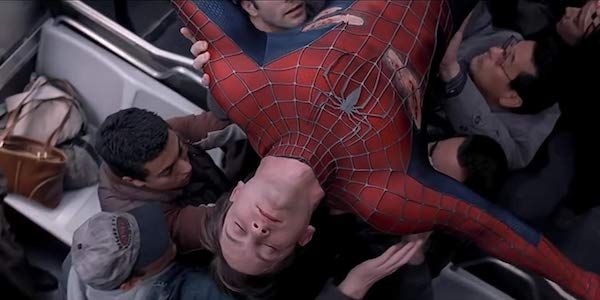
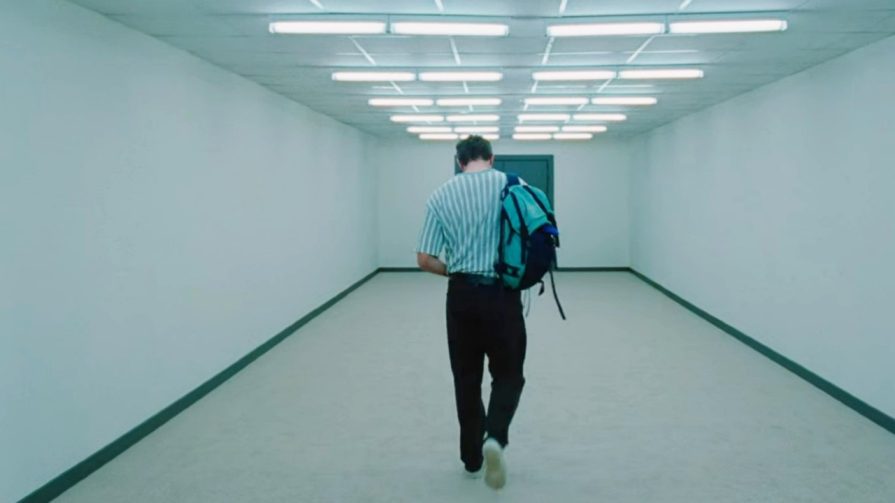
![Unquiet Guests review – Edited by Dan Coxon [Dead Ink Books]](https://criticalpopcorn.com/wp-content/uploads/2025/10/ug-reddit-ad-e1761690427755.jpg?w=895)
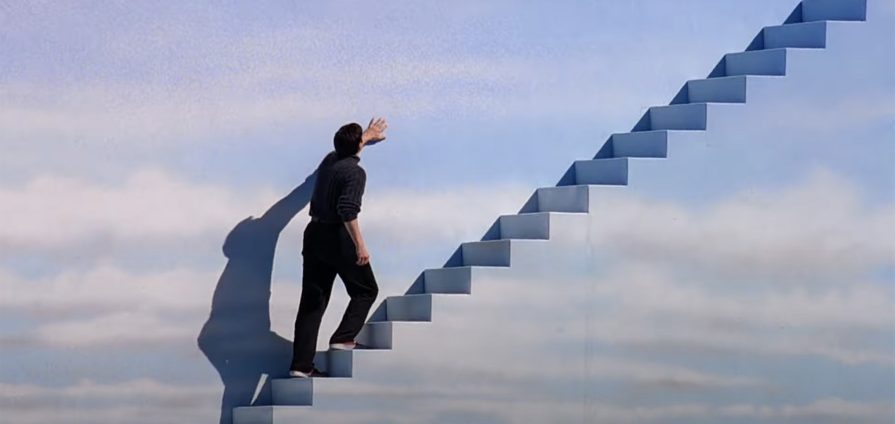
![Martyrs 4K UHD review: Dir. Pascal Laugier [Masters Of Cinema]](https://criticalpopcorn.com/wp-content/uploads/2025/10/image-1-e1761586395456.png?w=895)
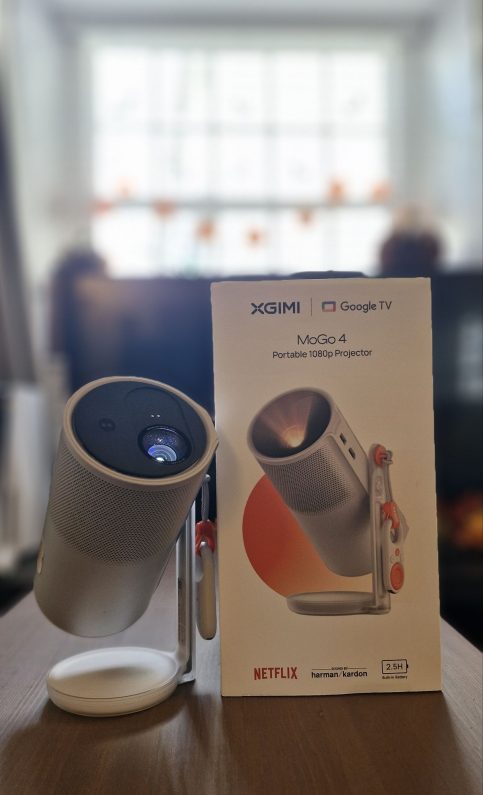
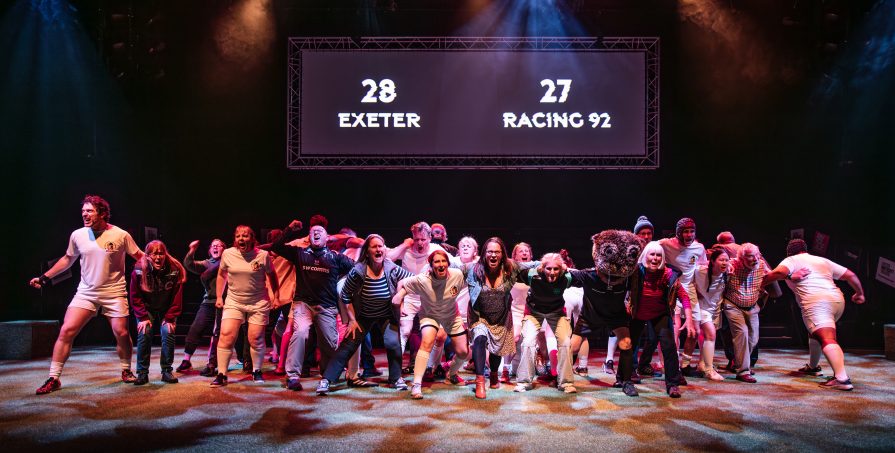
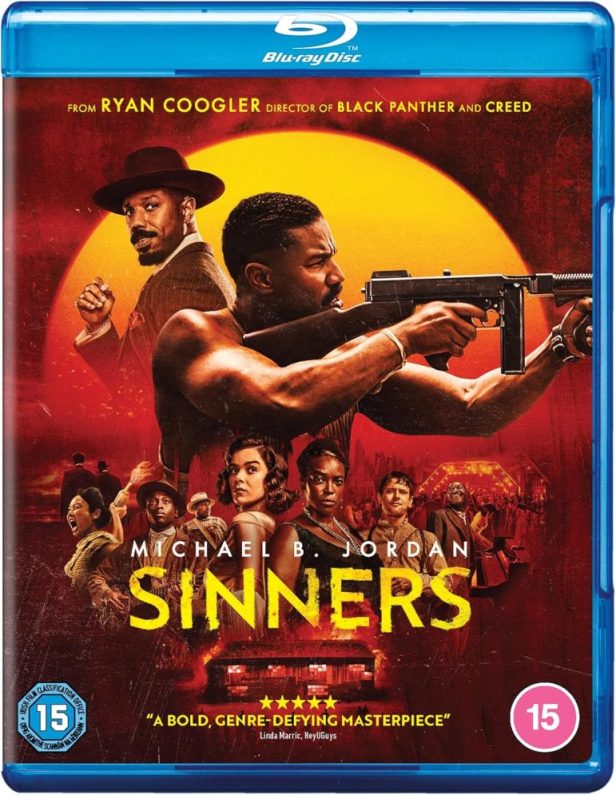
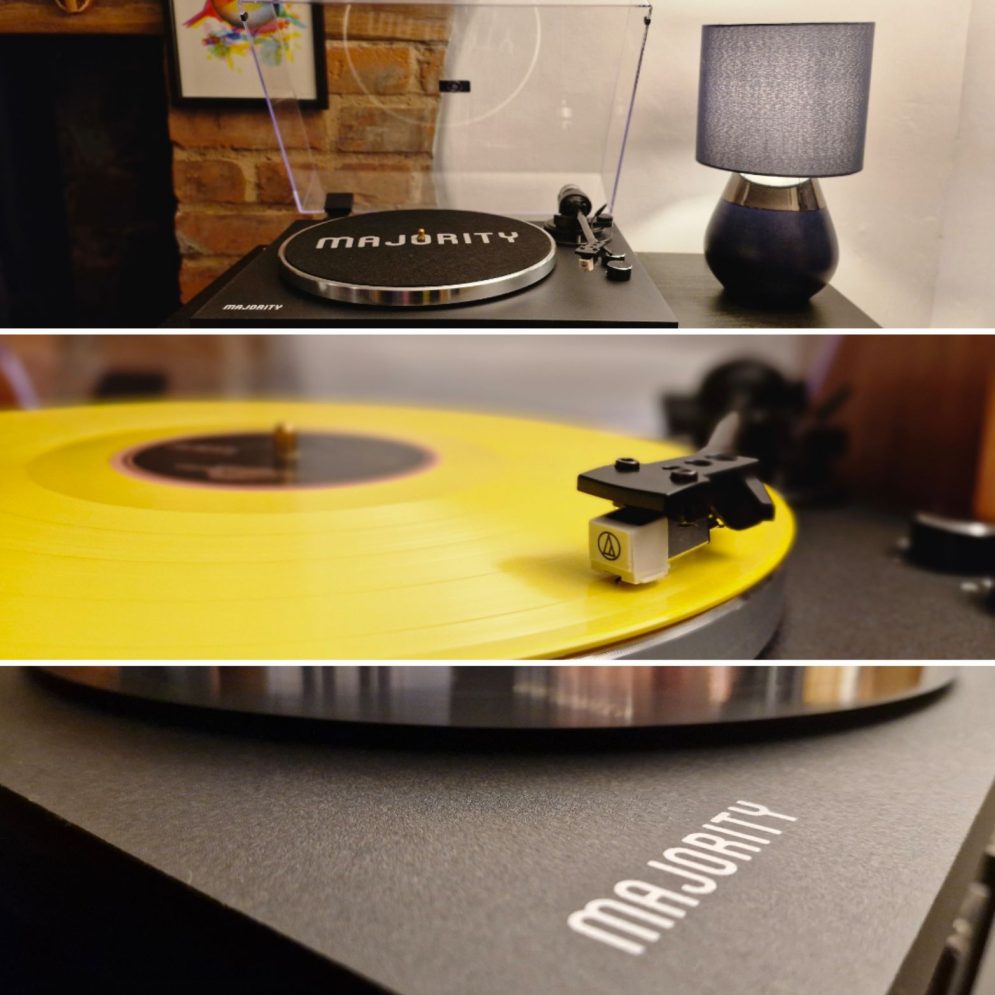
![Why I Love… Steve Martin’s Roxanne [1987]](https://criticalpopcorn.com/wp-content/uploads/2016/11/roxanne.jpg?w=460)

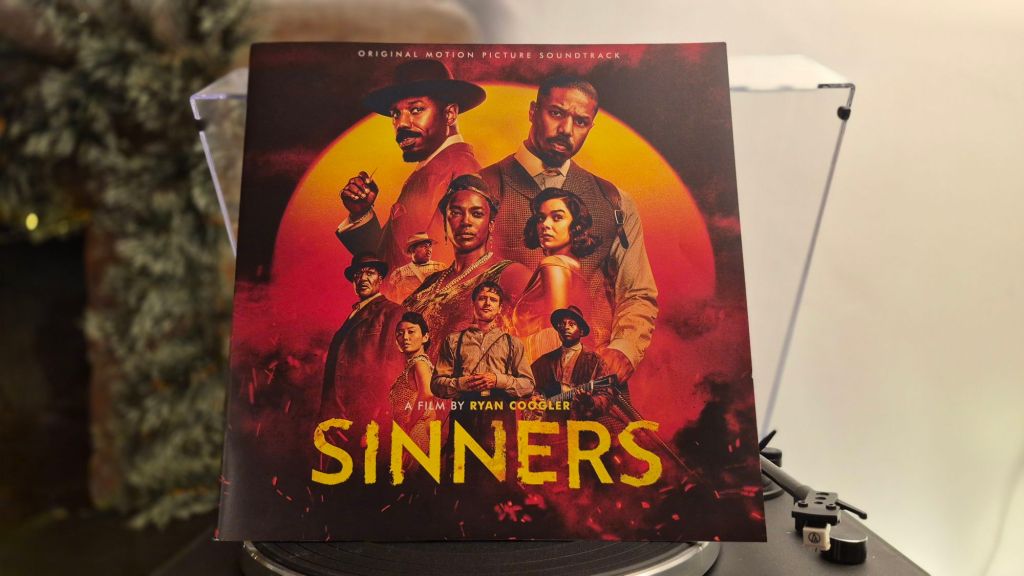

Post your thoughts